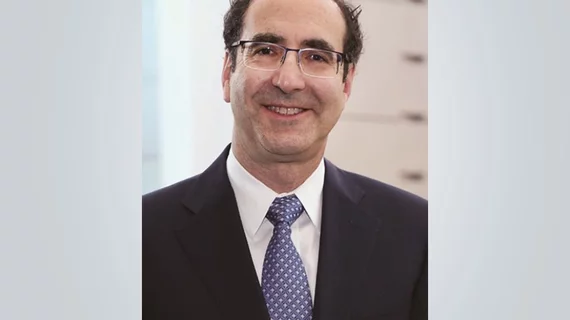RSNA elects Jeffrey Klein to board of directors at annual meeting
The Radiological Society of North America (RSNA) elected Jeffrey S. Klein, MD, to its board of directors at the society's annual meeting in Chicago. Klein will serve as the board liaison for publications and communications, according to an RSNA press release published Nov. 27.
Currently, Klein is a professor of radiology at the University of Vermont College of Medicine in Burlington, Vermont and is renowned for his work with lung cancer staging and detection.
Since 2011, Klein has served as editor of the RSNA journal RadioGraphics. He is also a member of the RSNA Scientific Program, Refresher Course and Education Exhibits committees, the Society’s Publications Council and serves on the RSNA Research & Education Foundation Grant Program Committee and the RSNA Digital Roadmap Content Steering Committee.
Beginning his academic radiology career in 1988 as a clinical instructor of radiology and assistant professor in residence at the the University of California, San Fransisco School of Medicine, Klein has held countless leadership, academic and clinical positions in the field of radiology and for various medical journals and societies.
In the federal arena, Klein was part of an expert panel created by the U.S. Department of Justice regarding the Radiation Exposure Compensation Act of 1990 to develop a protocol for high-resolution CT examinations of Navajo uranium miners.

